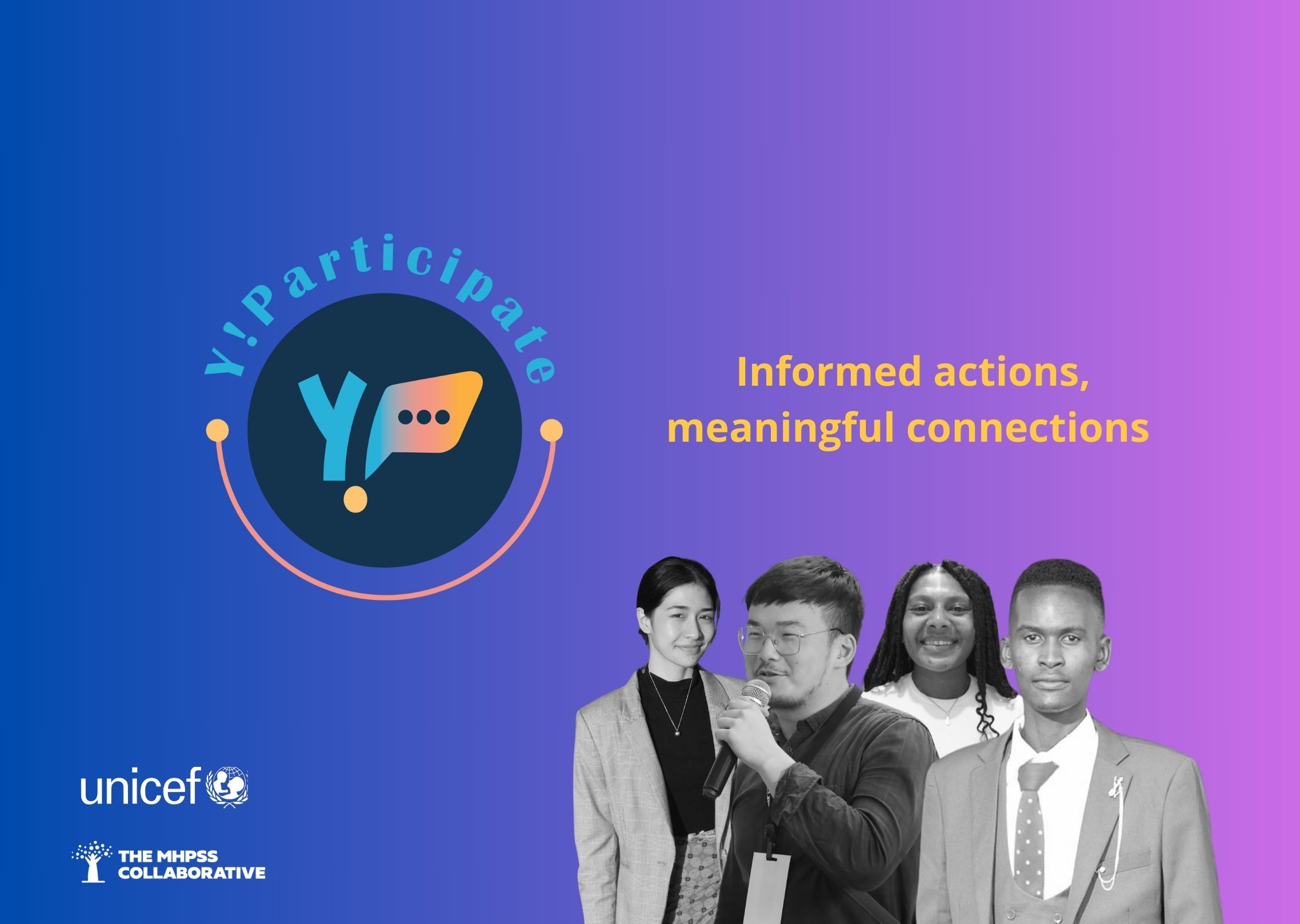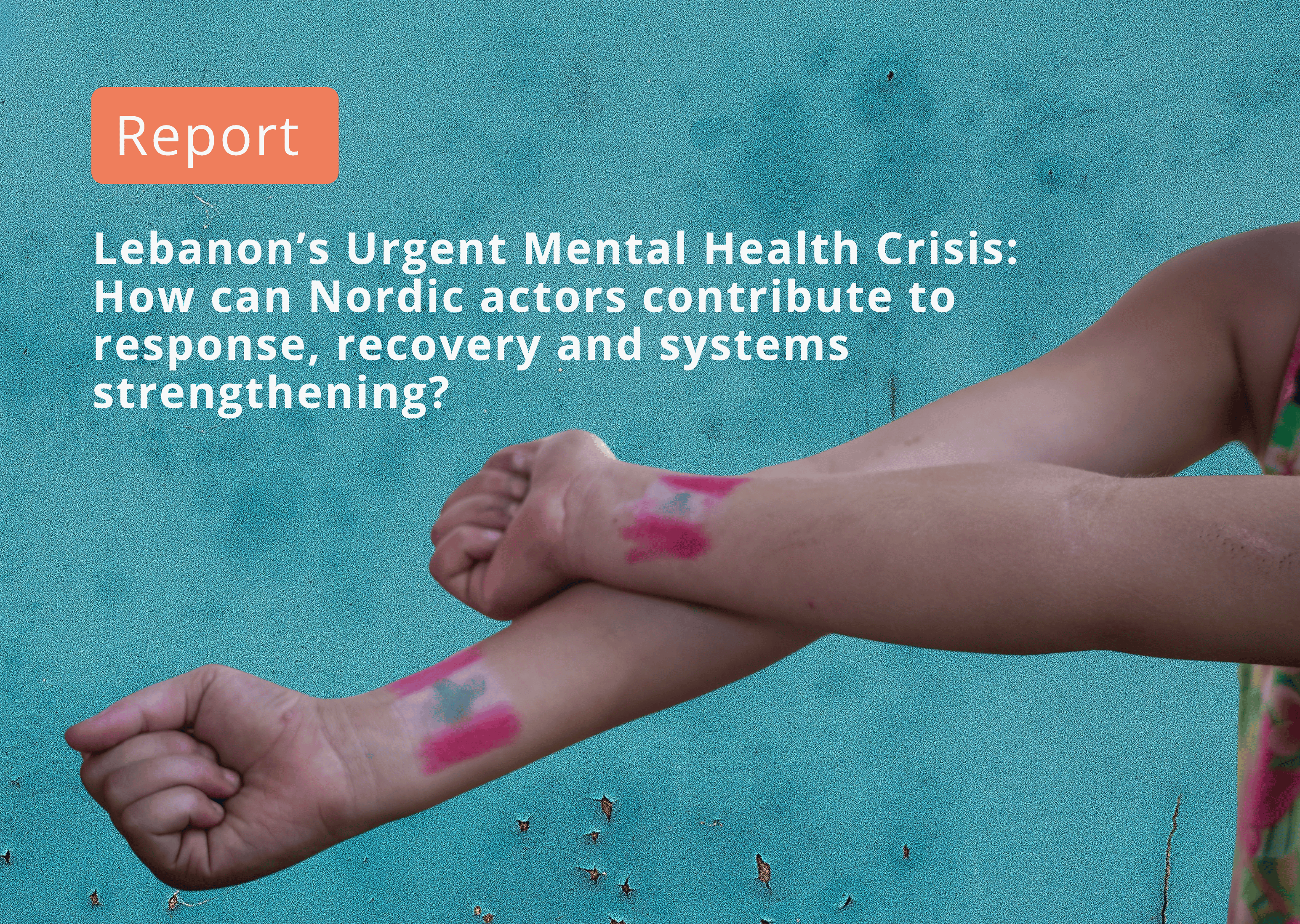We’ve all heard the word ‘tokenism’ thrown around – often in relation to media representations of individuals from underrepresented communities in an attempt to display diversity. We see it in advertising campaigns, hear of it popping up in the workplace and watch it play out at high level international events. The Oxford dictionary describes it as ‘the practice of making only a perfunctory or symbolic effort to do a particular thing’.
But what does tokenism look like when it comes to youth participation? Even among well-intentioned entities, tokenistic involvement of young people is common. Not only does this lead to untapped potential, it can also be incredibly disheartening and demotivating for youth advocates. We asked the Y!Participate Youth Expert Advisors what tokenism means to them, how it impacts meaningful youth participation and how we can work towards changing the trend.
What is tokenism and what does it mean to you as a young person?
Seluleko Celucolo Simelane
From previous encounters, I’d describe tokenism as the symbolic act to include members of underrepresented groups to give the appearance of equality or inclusivity. This can occur in various contexts, such as workplaces, media, or political institutions. Basically, it is a make-believe smokescreen to inclusion and participation in decision-making processes without giving people real influence or power.
The way I see it, tokenism in youth participation is a gross contravention of the concept known as youth mainstreaming in action. Youth mainstreaming enables young people and adults to benefit equally from, and contribute equally to development outcomes, promoting social and intergenerational equity and youth empowerment. Once tokenism takes place, a significant displacement of these pillars of youth inclusion occurs. To me this means there can never be meaningful youth participation and youth issues cannot be sufficiently addressed.
When do you see it happening?
Sharon Sitania
Tokenism occurs in various kinds of activities. It could be at the workplace, media, political agenda, educational institutions, even the activism itself. One of the biggest traits of tokenism is a “representation” of marginalized or underrepresented people without providing adequate access or support to ensure the integration. For instance, a group of marginalized communities is invited to attend a “conference”, but they are only included to enhance the image of the conference without valuing their contributions authentically.
What is the impact of tokenism on youth participation?
Seluleko Celucolo Simelane
One major impact of tokenism on youth participation is that it undermines the potential contributions of young people and deters the vitality of youth perspectives in decision-making, fostering a lack of trust in the decision-making process. Genuine youth participation, by contrast, involves respecting our views, providing meaningful opportunities for involvement, and ensuring our contributions can influence development outcomes. Where tokenism thrives, poor feedback mechanisms and overall communication between youth and engaging entities will be at large.
How has tokenism impacted your work as a youth advocate?
Nadia Kun
In the space of youth advocacy, tokenism is almost hard to miss. Its presence is evident in most platforms of youth engagement and participation. There are instances where tokenism promotes ingenuity and hypocrisy. This usually happens when nepotism comes into play – organizations or the government can label certain young people as champion youth advocates when these individuals have nothing to show for it. With no proven track record of impact, tokenism through nepotism elevates ingenuity. The level of ingenuity sometimes can be more hypocritical – young people may claim to advocate for change but do not take the initiative, nor embody or demonstrate the change they wish to see.
In the youth space, the impacts of the above extend to the point where genuine young advocates do not get the recognition they deserve, hence resulting in missed opportunities which then leads to hindrance of meaningful impact. Genuine young advocates, although driven by passion and courage, can be subject to tokenism causing an hindrance or delay in the impact of their pursuits.
How can we tackle it and change the trend?
Alex Lew Wenjie
The first step to tackling tokenism is to acknowledge its existence. Organizations, institutions, and individuals must recognize when tokenism occurs and be willing to address it openly. This involves raising awareness about what tokenism is and its negative impacts.
Educational workshops, seminars, and training sessions can help foster understanding. Additionally, organizations should encourage self-reflection, prompting a critical examination of their practices to identify areas where tokenism might be present. Internal audits, surveys, and feedback from youth participants can facilitate this process.
Creating genuine opportunities for young people to contribute is also crucial. This means going beyond symbolic gestures and ensuring that youth participation is impactful. Organizations should involve young people in decision-making processes, ensuring their input is seriously considered and acted upon. Establishing youth advisory boards can provide a platform for young people to offer input on policies and initiatives, granting them real influence. Supporting youth-led initiatives by providing resources, mentorship, and access to networks further empowers young people to take an active role.
For more information about Y!Participate, click here.






